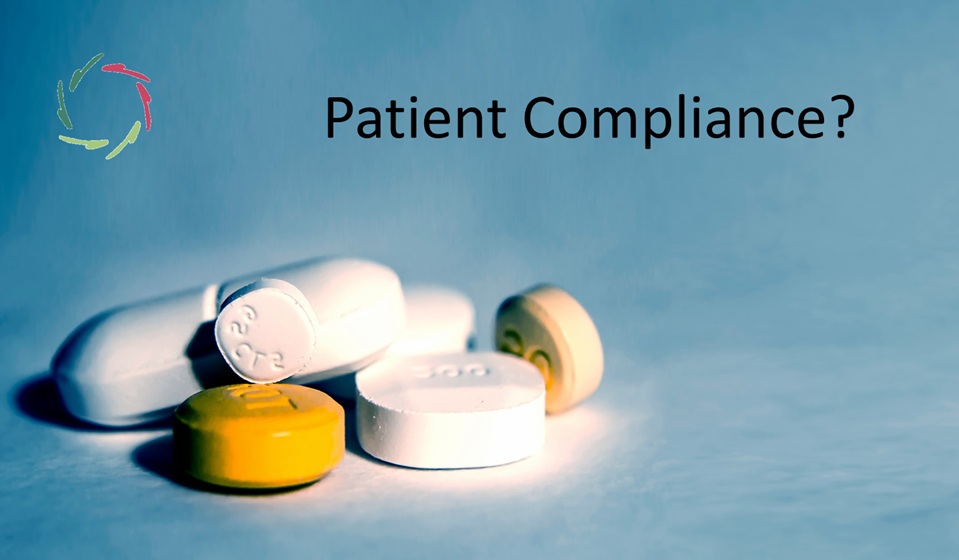Is Social Nocebo Real?

Can culturally engrained convictions have a significant impact on the health and wellbeing of many individuals?
About placebo
A person can have a placebo effect all by himself by being convinced that something is helpful, but by itself, it is not helpful at all. This way, for instance, a sugar pill can be a ‘painkiller.’ [see: ‘Power of Placebo < Autosuggestion‘] Many western medications have a higher effect trough placebo than through pharmacology. This is scientifically well-known.
Studies show that the placebo effect is higher when not only the patient but also the physician-prescriber is convinced that the medication works well.
The effect is even higher when the entire medical community is convinced of the same. This is also the case in the period before some medication is proven not to work. That happens sometimes, even for surgery. [see: ‘A Tale of Placebo: Arthritis of the Knee‘]
It’s even more significant when a whole culture lives in the same conviction. This way, in the West, Galenic medicine has ruled the waves of healthcare, almost entirely surfing on placebo.
When the whole world shares the conviction, most probably, the effect is highest.
Social placebo is real.
One may wonder how it works. To start with, of course, one cannot consciously decide to get a placebo effect from anything. At least, the effect itself does not come about through a conscious decision. Consciousness cannot exert this influence. It is way too simple for such.
Subconceptual processing is mainly non-conscious and immensely more complex. It is also more closely related to the body. [see: ‘About ‘Subconceptual’] Of course, it is the body.
Social placebo shows that subconceptual processing can have health-related influences not only within an individual but also in groups of people. This is like a kind of social contagion, mutual empathy, mass psychological effects. The convictions of one can influence the convictions of others, which then again can influence those of others, including the first person.
This way, social placebogenic convictions can be self-perpetuating patterns that live in groups.
Including in the negative: nocebo
A nocebo is like a placebo but with a health-diminishing effect. The nocebogenic conviction is that some material things or situations will make you ill. This can go far. For instance, voodoo-death is a scientifically investigated, real nocebo-effect.
As with placebo, nocebo is the result of subconceptual self-perpetuating patterns. Thus, it is also very prone to whirlpool phenomena at the individual and social levels. A whirlpool may look relatively innocent from afar, not from inside.
In a way, our basic cognitive illusion (not taking subconceptual processing into account) is global. It fuels a whirlpool with a tremendous negative effect on health and healthcare. People get to a huge degree outside of themselves through this and cannot attain inner strength. As an additional result, lots of weird and even inhumane explanations and other ideas are rampant about health, the human being, and many other things.
This is not about just feeling bad. Not the bad feeling, but the underlying conviction is the primary causal factor. In other words: it is about the deeper meaning of things. What it is not about is a superficial thought or feeling.
But is the negative harder to grasp than the positive? Not in pharmacology. Eventually, no medication really deeply cures [see: ‘Your medication or your life‘]. It is far easier to concoct a substance (poison) that harms, or even kills, than one that cures. This may still be surprising to many. I would say: Try it out by going into the matter entirely rationally.
At the meaning level, the negative may also be at least as straightforward as the positive. This is to say that nocebo basically is as logical as placebo.
Social nocebo is real.
One prominent example is what we still see happening with Covid-19, about which I have written a series of blogs. See: https://aurelis.org/assets/common/pdf/other_docs/Minding_Corona.pdf. The mind is as real as the virus.
One may still wonder how a global phenomenon can have such a devastating effect on single individuals.
I hope this blog at least makes the idea more palatable to many.


